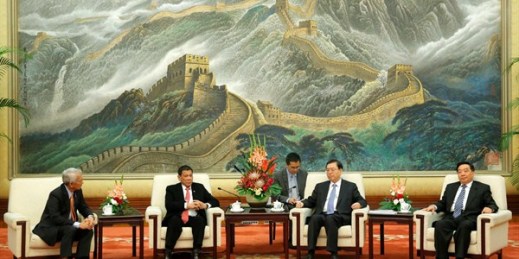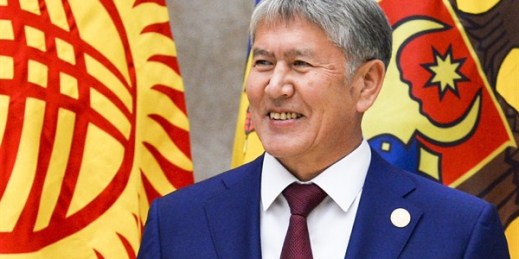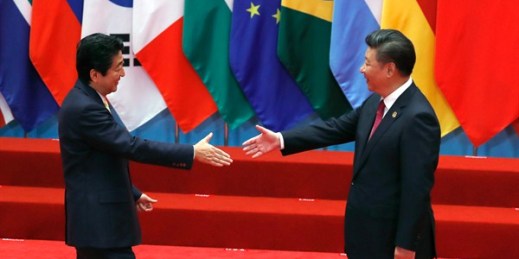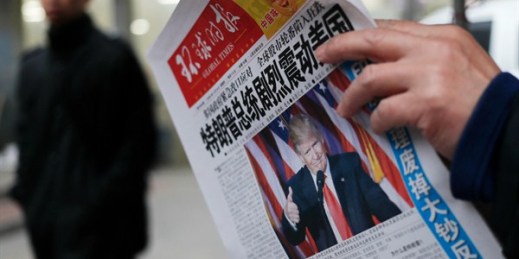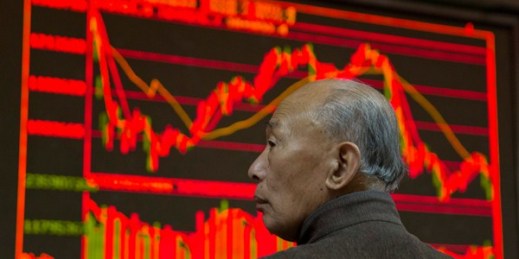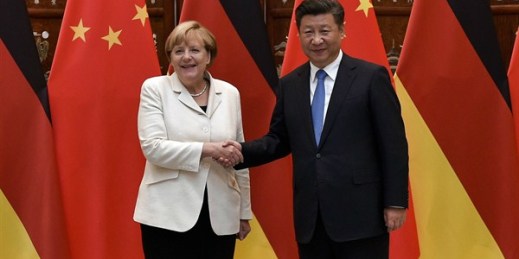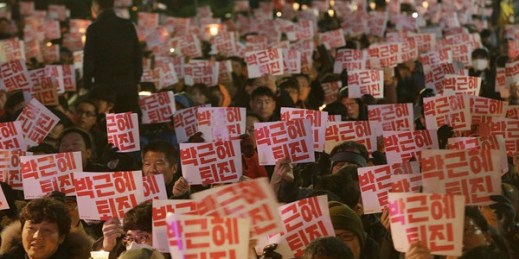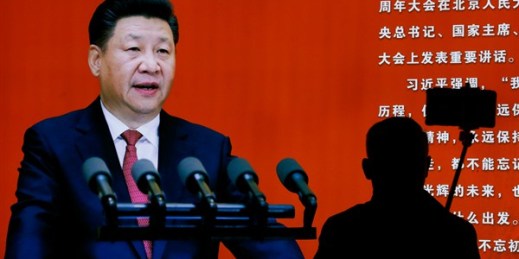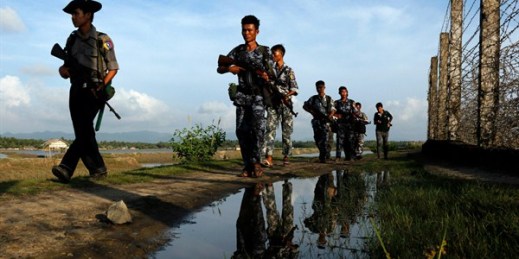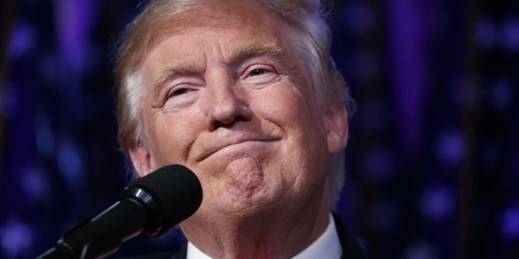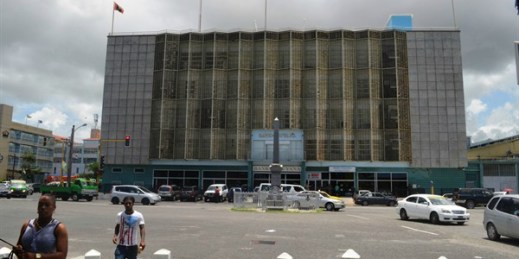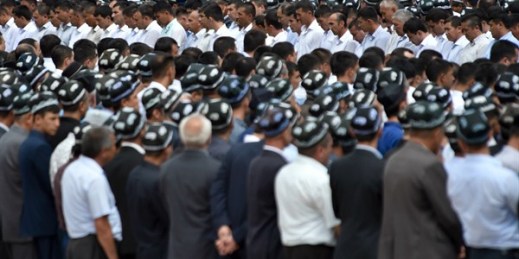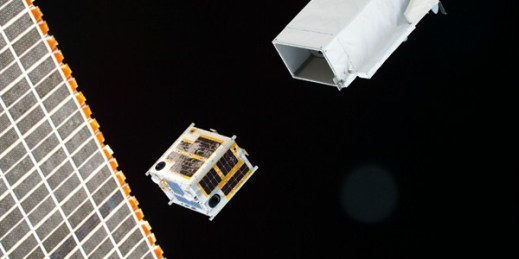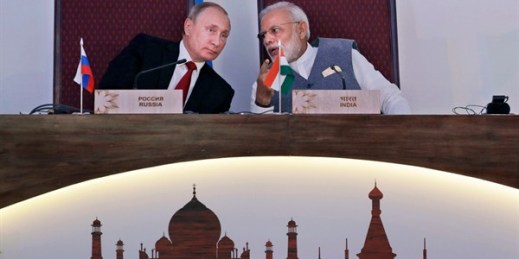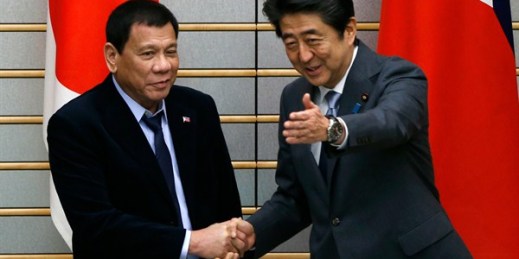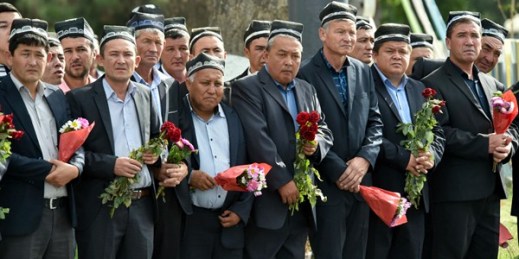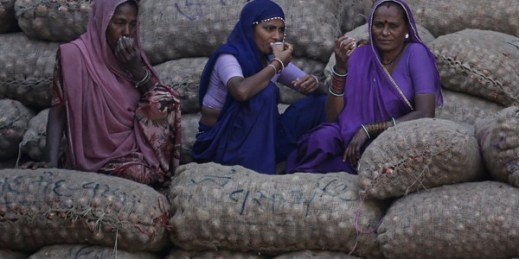
Editor’s note: This article is part of an ongoing WPR series on the status of women’s rights and gender equality in various countries around the globe. India’s minister for women, Maneka Gandhi, recently declared that the country’s rape problem was exaggerated, and that the Indian media’s overemphasis on rape was negatively affecting tourism. In an email interview, Nandita Bhatla, a senior technical specialist at the International Center for Research on Women, discussed women’s rights in India. WPR: What is the current status of women’s rights and gender equality in India? Nandita Bhatla: Achieving women’s rights and gender equality continues to […]

